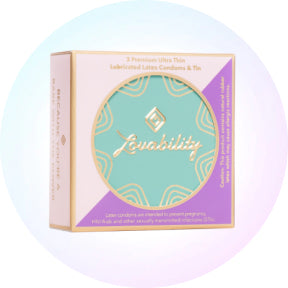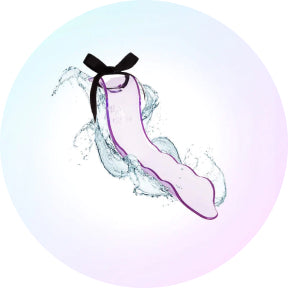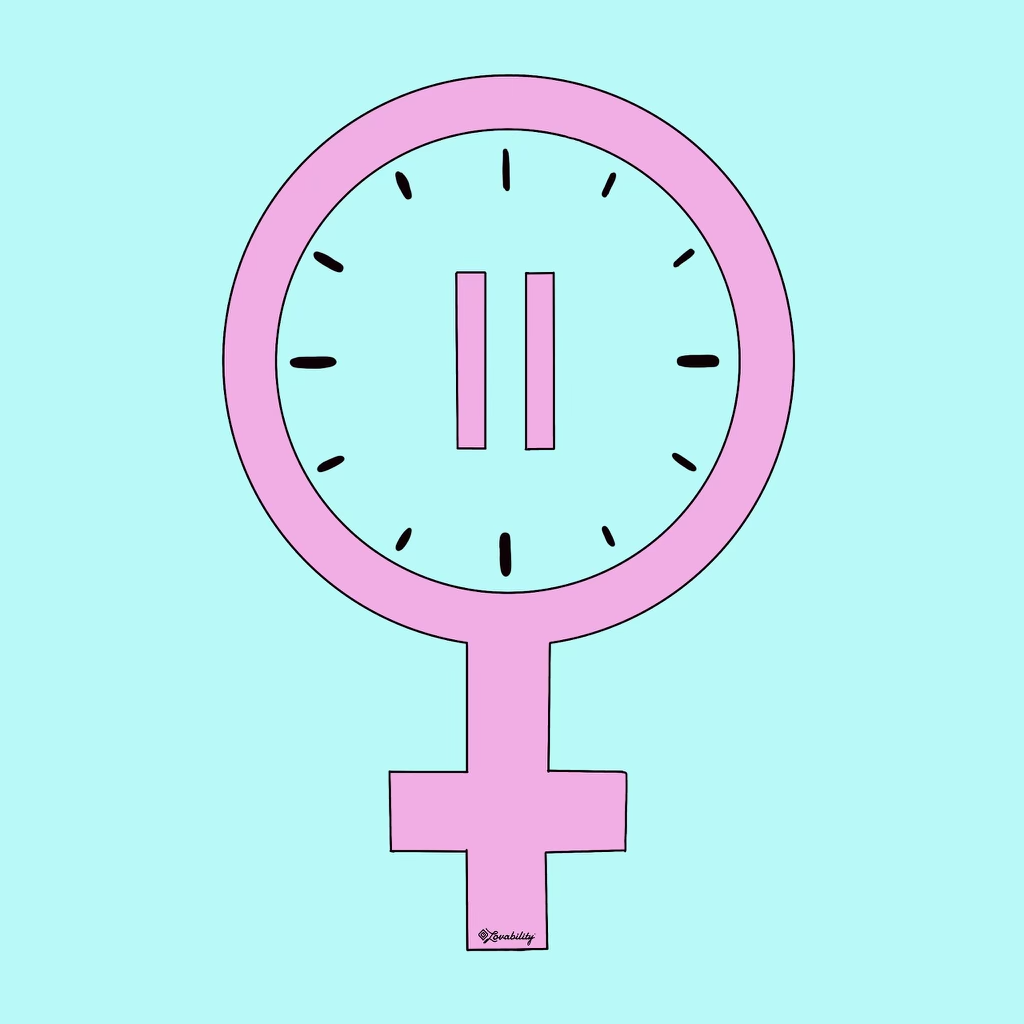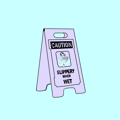Hi, in honor of Menopause Awareness Month, I thought I'd take a moment to talk about (and celebrate!) menopause! While I may still menstruate, I couldn’t help but ponder while in my tub that it won’t be forever. I thought about how little we are prepared for the next chapter in our lives until we are turning the metaphoric page.
What Is Menopause?
Menopause is a natural biological process that marks the end of a woman's reproductive years. It typically occurs in the late 40s or early-to-mid 50s, or after a hysterectomy, and is diagnosed after a woman has gone 12 months without her menstrual period.
12 Tips To Help Alleviate Menopause Symptoms
There are several approaches to help alleviate menopause symptoms Here are 12 tips and strategies I'd recommend that might be most helpful:
1. Hormone Replacement Therapy (HRT)
This involves taking medications that contain hormones like estrogen and progesterone to replace those the body is no longer producing in sufficient amounts.
2. Dietary Changes
Adopting a balanced diet rich in fruits, vegetables, whole grains, and lean proteins can help manage weight and provide essential nutrients.
3. Regular Exercise
Engaging in regular physical activity can help with weight management, improve mood, and promote overall well-being.
4. Stress Management
Techniques like meditation, deep breathing exercises, and yoga can help reduce stress levels, which may in turn alleviate some menopausal symptoms.
5. Cooling Techniques
For hot flashes, try staying in a cool environment, wearing lightweight clothing, and using a fan or air conditioning.
6. Limiting Caffeine and Alcohol
Both of these can exacerbate hot flashes and may disrupt sleep, so it's advisable to consume them in moderation.
7. Adequate Sleep
Ensure you're getting enough restful sleep. Establish a regular sleep routine and create a comfortable sleeping environment.
8. Hydration
Drink plenty of water to stay hydrated, which is important for overall health and can help manage some symptoms.
9. Alternative Therapies
Techniques like acupuncture, acupressure, and herbal supplements may provide relief for some women.
10. Vaginal Moisturizers or Lubricants
For vaginal dryness or discomfort during sex, try using a moisturizer or personal lubricant.
11. Counseling or Support Groups
Talking to a therapist or joining a support group can provide emotional support and strategies for coping with menopausal changes.
12. Phytoestrogens
Certain plant-based foods like soy and flaxseeds contain compounds that mimic estrogen and may help alleviate some symptoms.
Remember, it's important to consult with a healthcare provider before making significant changes to your lifestyle or starting any new treatments, especially if you have underlying health conditions or are taking medications. They can provide personalized advice based on your specific situation.
P.S. A new site with fab resources for women that I've been crushing on is Tia Health Care. Similar to Lovability, THC is reimagining healthcare with women at the center.… highly recommend you check them out 😍
Xx
About The Author
Inventor of The WaterSlyde, a revolutionary, patented feminine hygiene device / stimulator, and co-owner of Lovability, Maureen Pollack (@maureen.pollack) believes in removing the stigma surrounding sexual health and personal hygiene. She is also an intimacy coach, helping empower women in all stages of life to embrace intimacy through coaching and lifestyle products. A book and feature film about Maureen’s journey as a “mompreneur” are currently in pre-production.
___________________________________________________
Medical Disclaimer: The information provided here is intended for educational and informative purposes only and is not intended to serve as medical or professional advice. If you have any concerns or questions about your health, you should always consult with a physician or other health-care professional.














